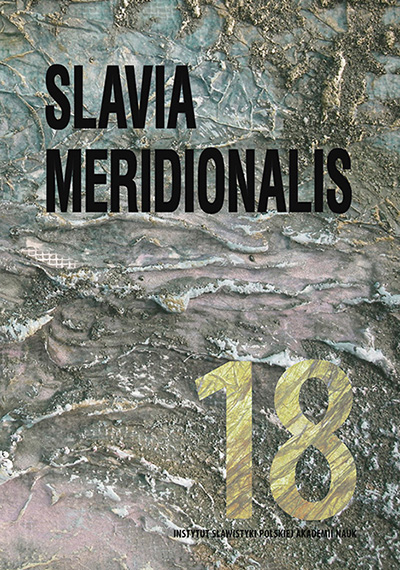Pamćenje hrvatskog društva na primjeru Vukovara – grada heroja
Remembering in Croatian Society as Exemplified by the “Hero City” Vukovar
Author(s): Angelika ZankiSubject(s): Nationalism Studies, Transformation Period (1990 - 2010), Identity of Collectives
Published by: Instytut Slawistyki Polskiej Akademii Nauk
Keywords: Vukovar; “hero city”; site of memory; lieu de mémoire; Croatian War of Independence;
Summary/Abstract: The article concerns forms of maintaining memory in Croatian society. Its starting point is the term sites of memory (lieux de mémoire), introduced by Pierre Nora, who defines them as characteristic and symbolic elements that ensure the presence of the past in the present. After the Croatian War of Independence, sites of memory became a foundation for building a new, partly modified Croatian identity. This raises the question about the role the politics of remembering has had in the Croatian collective identity and the purposes for which it has been formed. The analysis is based on the most popular place of memory – the fall of Vukovar. In Croatian consciousness, Vukovar is a “hero city,” a symbol of the valiant fight against the Great Serbian aggressor during the War. Its fall is an important element of the conflict that is still ongoing between Croats and Serbs, both regionally (in the city) and more broadly (throughout Croatia). In her analysis, the author was trying to see the influence of sites of memory not only on the group which created them but in a wider context as well. The more general aim was to study the discourse of memory and attempt to determine, with reference to specific examples, whether the Croats’ collective memory is a factor of integration or conflict.
Journal: Slavia Meridionalis
- Issue Year: 2018
- Issue No: 18
- Page Range: 1-16
- Page Count: 16
- Language: Croatian

